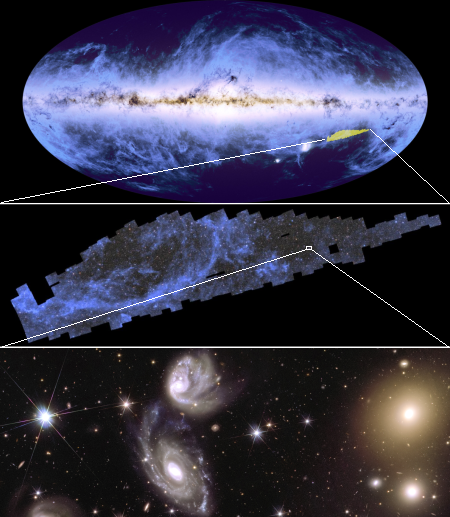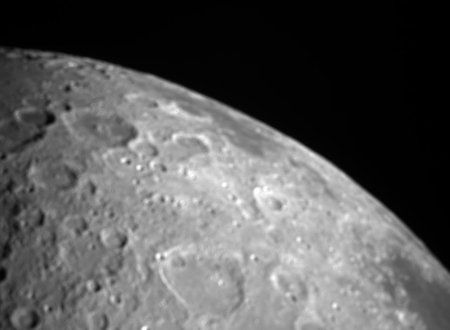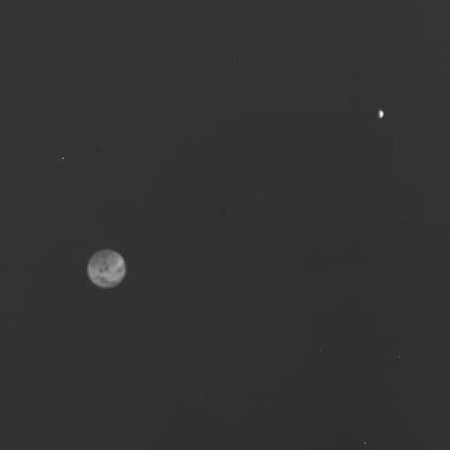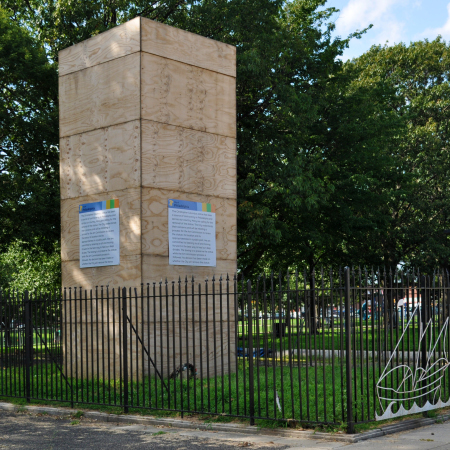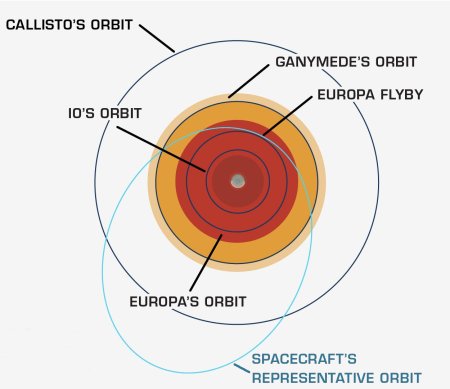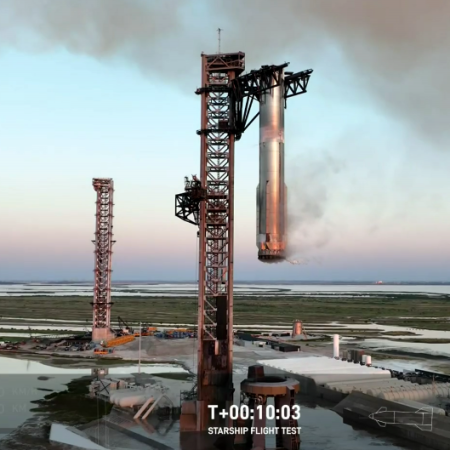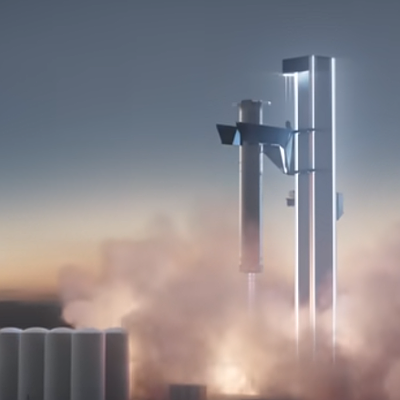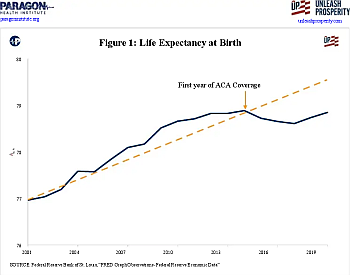Astrolab unveils small prototype unmanned rover
Astrolab, one of three companies with NASA design contracts to develop a manned lunar rover, yesterday unveiled a small prototype unmanned rover that the company has designed to test on the Moon and actually hopes to launch on Astrobotic’s Griffin lander.
In a presentation at the International Astronautical Congress here Oct. 15, Astrolab announced plans to build the FLEX Lunar Innovation Platform, or FLIP, rover for launch as soon as the end of 2025. The half-ton rover will have a payload capacity of 30 to 50 kilograms.
A key purpose of FLIP is to test key systems for its larger FLEX, or Flexible Logistics and Exploration, rover, maturing their technology readiness levels (TRLs). “We want to raise the TRL of our technologies ahead of our other missions,” said Jaret Matthews, founder and chief executive of Astrolab. FLIP will test the same battery modules that the larger FLEX will use and has the same tires as FLEX. Other technologies Astrolab plans to test on the smaller rover include actuators, power systems and communications.
Though no deal has been announced, FLIP was clearly designed to match the fit of NASA’s now canceled VIPER rover that was to be launched on Astrobotic’s Griffin lander. Griffin is still being prepped for its lunar mission to be launched in 2025, but no longer has that prime payload. It is very obvious that Astrolab is vying to make FLIP that prime payload.
If so, the company will have once again demonstrated the advantages of private enterprise. NASA spent almost a billion on VIPER, going so much over budget and behind schedule that the agency had to cancel it. Astrolab has now come up with a replacement in almost no time at all, for likely pennies on the dollar. It is for sure simpler, but it also is likely to fly and test engineering, while VIPER will not.
Astrolab, one of three companies with NASA design contracts to develop a manned lunar rover, yesterday unveiled a small prototype unmanned rover that the company has designed to test on the Moon and actually hopes to launch on Astrobotic’s Griffin lander.
In a presentation at the International Astronautical Congress here Oct. 15, Astrolab announced plans to build the FLEX Lunar Innovation Platform, or FLIP, rover for launch as soon as the end of 2025. The half-ton rover will have a payload capacity of 30 to 50 kilograms.
A key purpose of FLIP is to test key systems for its larger FLEX, or Flexible Logistics and Exploration, rover, maturing their technology readiness levels (TRLs). “We want to raise the TRL of our technologies ahead of our other missions,” said Jaret Matthews, founder and chief executive of Astrolab. FLIP will test the same battery modules that the larger FLEX will use and has the same tires as FLEX. Other technologies Astrolab plans to test on the smaller rover include actuators, power systems and communications.
Though no deal has been announced, FLIP was clearly designed to match the fit of NASA’s now canceled VIPER rover that was to be launched on Astrobotic’s Griffin lander. Griffin is still being prepped for its lunar mission to be launched in 2025, but no longer has that prime payload. It is very obvious that Astrolab is vying to make FLIP that prime payload.
If so, the company will have once again demonstrated the advantages of private enterprise. NASA spent almost a billion on VIPER, going so much over budget and behind schedule that the agency had to cancel it. Astrolab has now come up with a replacement in almost no time at all, for likely pennies on the dollar. It is for sure simpler, but it also is likely to fly and test engineering, while VIPER will not.

